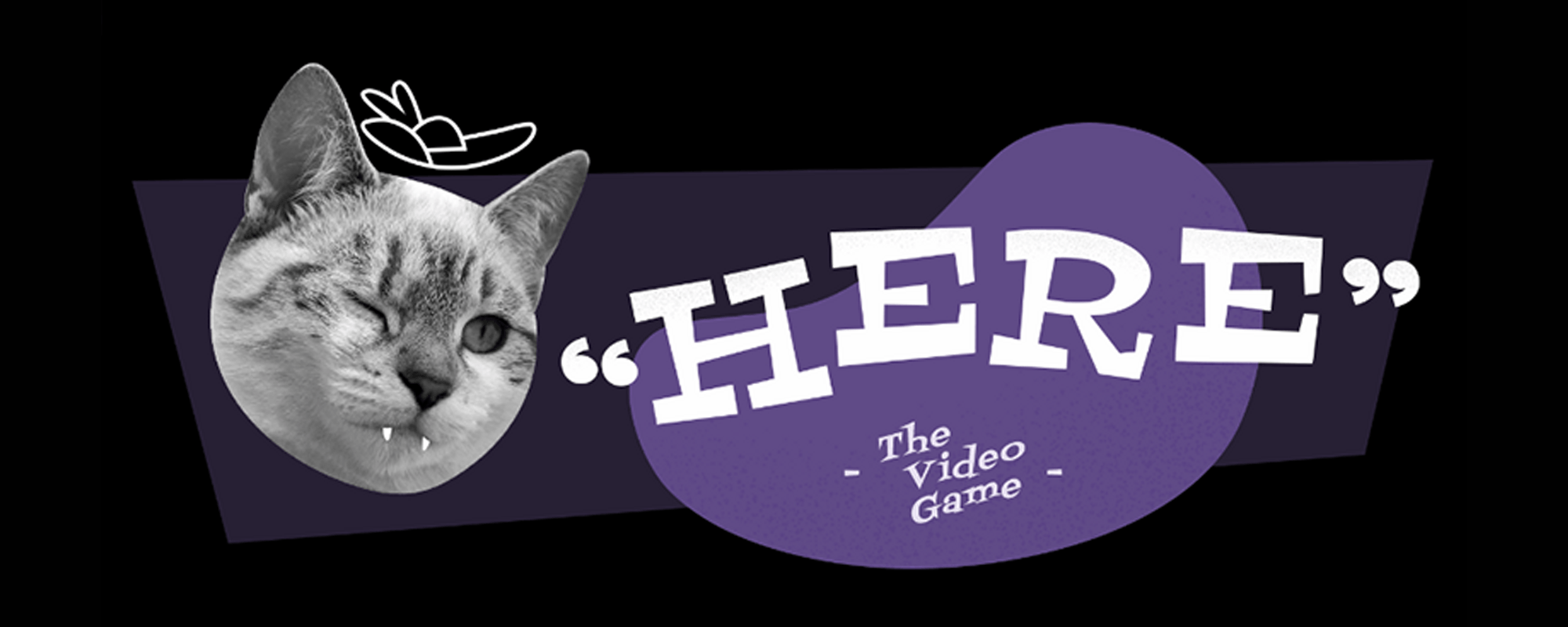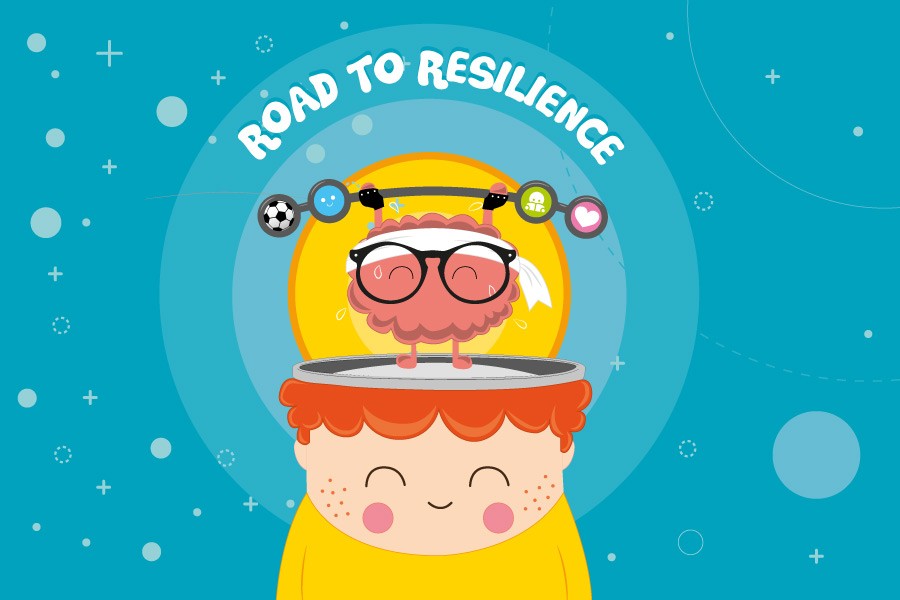If you had a rich malleable canvas that could flip rules on their heads and expose truths we take for granted, wouldn’t you use it? Jasper Schellekens writes about the games delving deep into some of our most challenging philosophical questions.
The famous Chinese philosopher Confucius once said, ‘I hear and I forget. I see and I remember. I do and I understand.’ Confucius would have likely been a miserable mystic in modern mainstream education which demands that students sit and listen to teachers. But it’s not all bad. Technological advancements have brought us something Confucius could never have dreamed of: digital worlds.
 A digital world offers interaction within the boundaries of a created environment. It allows you to do things, even if the ‘thing’ amounts to little more than pressing a key. Research at the Institute of Digital Games (IDG) focuses on developing a deeper understanding of how these concepts can be used to teach through doing by looking at people interact with gameworlds, studying how games can impact them (Issue 24), and designing games that do exactly that.
A digital world offers interaction within the boundaries of a created environment. It allows you to do things, even if the ‘thing’ amounts to little more than pressing a key. Research at the Institute of Digital Games (IDG) focuses on developing a deeper understanding of how these concepts can be used to teach through doing by looking at people interact with gameworlds, studying how games can impact them (Issue 24), and designing games that do exactly that.
Doing it digital
Two millennia later, John Dewey, one of the most prominent American scholars of the 20th century, proposed an educational reform that focused on learning through doing and reflection instead of the ‘factory model’ that was the norm. Dewey’s idea was embraced, and has become a pedagogical tool in many classrooms, now known as experiential learning.
Let’s not pretend that Confucius was thousands of years ahead of his time—after all, apprenticeships have always been an extremely common form of learning. But what if we were to transplant this method of experimentation, trial and error, into a digital world?
It would allow us to do so much! And we’re talking about more than figuring out how to plug in to Assassin’s Creed’s tesseract or getting the hang of swinging through New York City as Spiderman. While these are valuable skills you don’t want to ignore, what we’re really interested in here are virtual laboratories, space simulations, and interactive thought experiments.
Games make an ideal vehicle for experiential learning precisely because they provide a safe and relatively inexpensive digital world for students to learn from.
Think of the value of a flight simulator to train pilots. The IDG applied the same idea to create a virtual chemistry lab for the Envisage Project. They threw in the pedagogical power tools of fun and competition to create what’s known as serious games.
Serious games are at the heart of many of the IDG’s research projects. eCrisis uses games for social inclusion and teaching empathy. iLearn facilitates the learning process for children with dyslexia and Curio is developing a teaching toolkit to foster curiosity. However, the persuasive power of videogames stretches further than we might think.
In a videogame world, players take intentional actions based on the rules set by the creators. These ‘rules’ are also referred to as ‘game mechanisms’. Through these rules, and experiential learning, players can learn to think in a certain, often conventional, way.
Which brings us to HERE.

Prof. Stefano Gualeni is fond of using games to criticise conventions: in Necessary Evil a player takes on the role of an NPC (Non Player Character) monster, in Something Something Soup Something the definition of soup is questioned, while in HERE Gualeni breaks down what ‘here’ means in a digital world.
What’s Here?
 HERE sees the player explore the philosophical concept of ‘indexicality’, the idea that meanings depend on the context in which they occur. A fitting example is the extended index finger, which means different things depending on where it is placed and what movement it makes. Point one way or another to indicate direction, place over the lips to request silence, or shake it from side to side to deny or scold.
HERE sees the player explore the philosophical concept of ‘indexicality’, the idea that meanings depend on the context in which they occur. A fitting example is the extended index finger, which means different things depending on where it is placed and what movement it makes. Point one way or another to indicate direction, place over the lips to request silence, or shake it from side to side to deny or scold.
The game explores the word ‘here’ in the digital world. It sheds light on how much we take for granted, and how a lot of concepts are not as straightforward as we think.
HERE you play as ‘Wessel the Adventurer’, a cat of acute perception that is sent on a quest by a wizard to find magic symbols and open an enchanted cave. Playing on the tropes of role-playing games, the expectations of the adventurer are thus framed in a conventional manner, but not everything is as it seems.
By subverting players’ expectations of role-playing games, they will have the opportunity to discover what they have been (perhaps unwittingly) taught. They will be confronted with a puzzle involving the many versions of ‘here’ that can co-exist in a digital world. Among their prizes is Gualeni himself performing a philosophical rap.
Explorable Explanations
Experiential learning isn’t the only way to learn, but video games, with their interactivity and ability to manipulate the gameworld’s rules with ease, offer a ripe environment for it. The digital realm adds a very malleable layer of possibility for learning through doing and interacting with philosophical concepts. HERE is not alone in this approach.
Words often fall short of the concepts they are trying to convey. How do you explain why people trust each other when there are so many opportunities to betray that trust? Telling people they have cognitive biases is not as effective as showing them acting on those biases.
Explorable Explanations is a collection of games curated by award-winning game developer Nicky Case that dig into these concepts through play. The Evolution of Trust is one of them, breaking down the complex psychological and social phenomena contributing to the seemingly simple concept of trust in society. Adventures in Cognitive Biases is able to show us how we are biased even when we don’t think we are. HERE delves into our understanding of language and the world around us, showing us (instead of telling us) that learning doesn’t have to be boring. Now go learn something and play HERE.
To try the game yourself visit www.here.gua-le-ni.com



